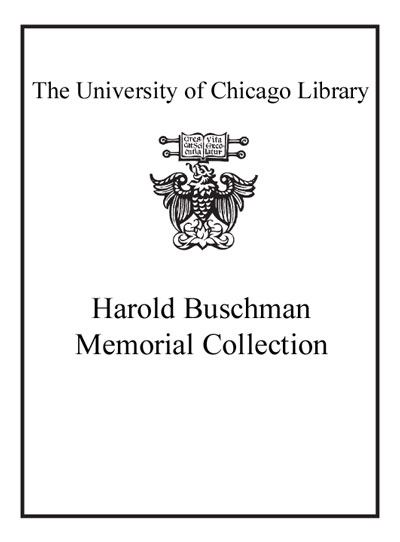How does the search for truth begin? By initiation - or rather by being seduced. Augustine uses the word admonitio to indicate the necessity of being drawn into a personal seeking of the truth by someone other, who already has experienced how important such seeking is. Someone, a teacher, must awaken me to discover the desirability of wisdom, show me a way, and encourage me to get engaged in the search. But if wisdom is one of the names of a fortunate life ( vita beata ) and if the desire of a fortunate life is inherent to being human, isn't the desire for wisdom then constitutive of human existence as such? The search for wisdom thus seems to be inevitable. It is important to distinguish the admonition that triggers my decision to seek for truth from the body of knowledge that, after my entrance into the realm of discovery, is handed on to me. Without being awakened and instructed, nobody would be able to assimilate parts of the culture accumulated in the course of history. We would not pursue the difficult work of learning if no one showed us the relevance of education. Admonition is an exhortative mode of addressing . As with all modes of addressing - urging, instructing, summoning, commanding, and so on - its relevance does not primarily lie in the content it communicates. The content of my addressing someone can be almost nothing, for example when I direct my "Hello!" or "Hi!" to you. It is essential, however, that the addressor reach out and affect - or "do" something to - someone else, who thereby undergoes a certain change. When someone recruits me for participation in the ongoing search for truth, this endeavor can be distinguished from the teaching through which I am immersed in the content of a heritage I want to acquire. As soon as I have accepted an invitation to participate in the search for knowledge, new provocations are going to keep me alert and actively engaged. A teacher's words not only affect the students; they also urge them to respond. Speaking to someone is always a provocation, even if the allocated person reacts by walking away or falling silent. Answering in the form of a question or comment is the beginning of a dialogue, however. And dialogue is an ideal structure of the exchange between teachers and students, if both parties are concerned about truth. Various levels and stations can be distinguished in such an exchange. Students are confronted not only with their teacher's explanations, but at the same time with the realities and interpretations to which the teacher turns their attention. The students confront the teacher's interpretation of the phenomena that are at stake with the phenomena themselves of which they have their own experience. Their responses to the teacher's affirmations develop a scale of reactions that run from repetition, paraphrase and imitation to transformation, taking over the initiative, and experimental renovation. If, after a solid initiation, I must go on without a teacher, I continue the dialogue within the inner space and time of a "voiceless dialogue of the soul within itself," as Socrates called it. But in all phases of the learning process, I remain involved in a complex and growing network of relations: relations to one or more teachers and, via these, to their teachers' teachers and authorities; relations to the linguistic, cultural, intellectual, and scholarly traditions available; relations to other students and researchers who pursue similar objectives; and, above all, relations to my own interiority where the words and thoughts of all those others not only echo, but also urge me to take a position towards their suggestions. All these relations together form a huge constellation of communication and multiple exchanges, but however much I can and must learn from them, in the end it is my own responsibility to determine my position with regard to the phenomena and the interpretations that are proposed to me. Until that moment, I keep a critical distance, while asking myself whether my teachers' views indeed fit the realities that are experienced by me as well as by them. Perhaps my experience is different from theirs; perhaps their arguments show holes that still must be filled; they may have overlooked facts that shatter the coherence of their theories, or their descriptions and arguments may be inaccurate. (excerpted from chapter 5) Excerpted from Augustine Our Contemporary: Examining the Self in Past and Present All rights reserved by the original copyright owners. Excerpts are provided for display purposes only and may not be reproduced, reprinted or distributed without the written permission of the publisher.

